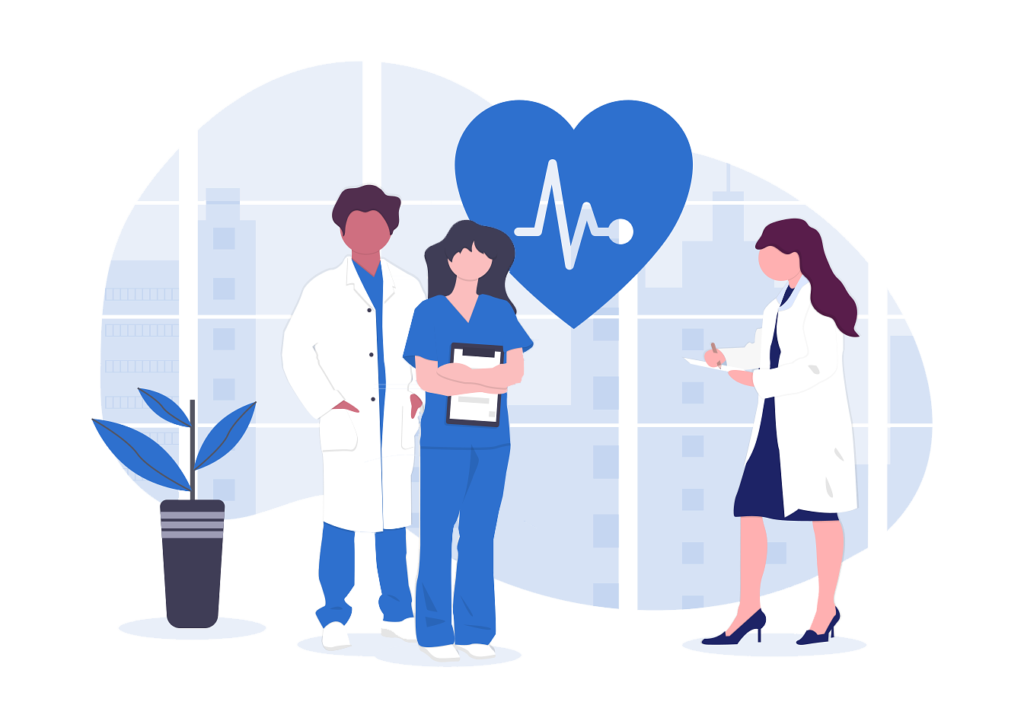Новый адрес Omg (Омг сайт)
Площадка Omg переходит на новое зеркало! Новый адрес Omg (Омг) доступен по следующим ссылка: Рады сообщить о восстановлении сайт Omg! – пока по одному адрес, советуем использовать Tor: https://omgomgomg5j4yrr4mjdv3h5c5xfvxtqqs2in7smi65mjps7wvkmqmtqd.biz – Работаем исключительно только по всей России. После оформления заказа, ожидайте ответа оператора ~ 15 минут Ссылка на Омг сайт зеркало – https://omgomgomg5j4yrr4mjdv3h5c5xfvxtqqs2in7smi65mjps7wvkmqmtqd.biz Ссылка на Омг […]
Omg онион ссылка

Нужна ссылка на Omg онион? – У нас всегда актуальные ссылки на Omg в зоне онион. Omg onion (Омг сайт, Omg,Omg center, Omgonion) – это самая популярная площадка на просторах СНГ по продаже запрещенных веществ и услуг. Ссылка на Omg онион зеркало – https://omgomgomg5j4yrr4mjdv3h5c5xfvxtqqs2in7smi65mjps7wvkmqmtqd.bizСсылка на Omg онион через Tor: omgomg.store Omg с каждым годом становится […]
Omg2web не работает

Omg2web не работает? – Да, действительно в последнее время сайт Omg часто попадает под DDoS атаки. Но по ссылке на сайт Omg ниже, вы всегда и без проблем можете совершать сделки: Ссылка на Omg сайт зеркало – https://omgomgomg5j4yrr4mjdv3h5c5xfvxtqqs2in7smi65mjps7wvkmqmtqd.bizСсылка на Omg через Tor: omgomg.store Для чего зеркало на сайт Omg? Зеркало создано для того чтобы в […]
Омг ссылка – сайт Omg в Tor
Есть трудности найти рабочую ссылку на Омг? Да! В последнее время трудно найти рабочую ссылку на Omg в Tor. В связи с частыми атаками на площадку, которые приходят в основном на выходные, у пользователей появляются трудности с доступом к сайту Омг.
